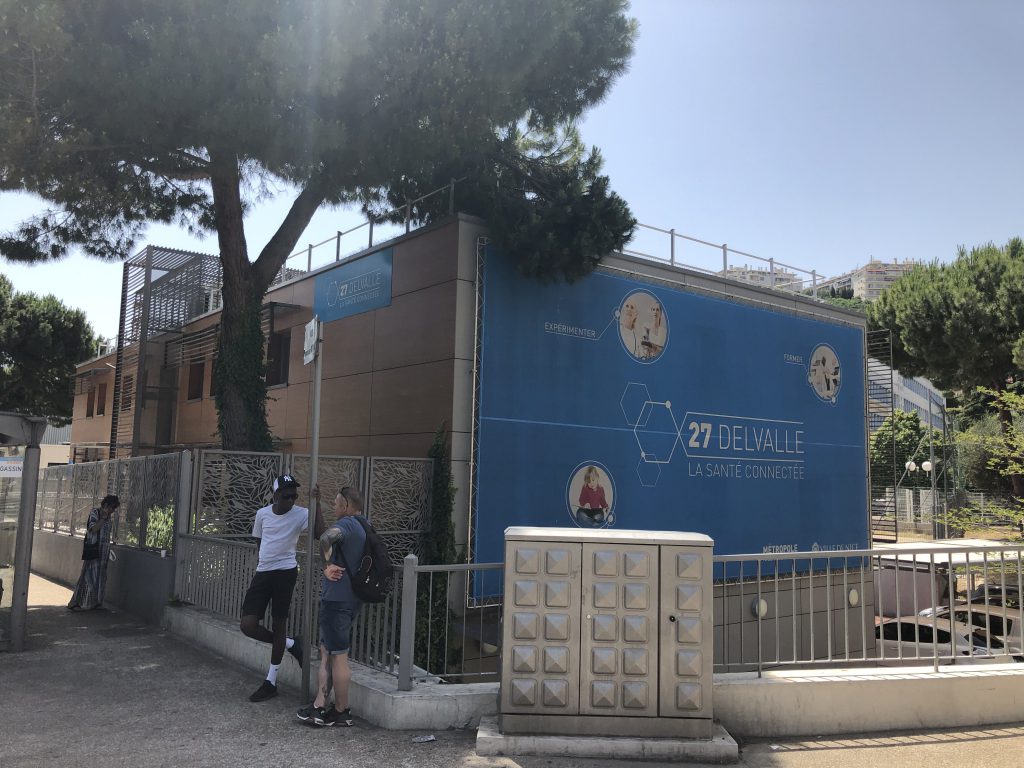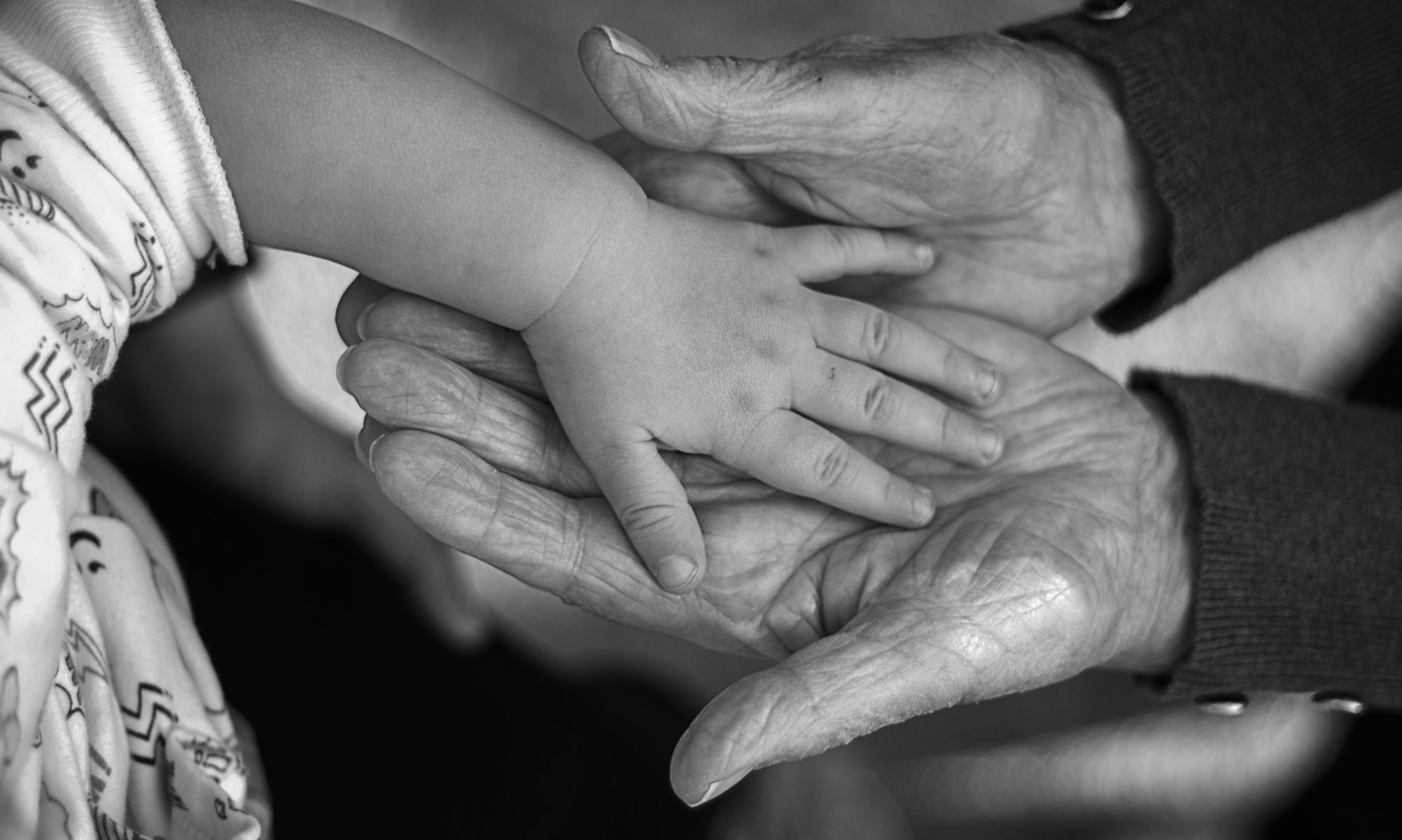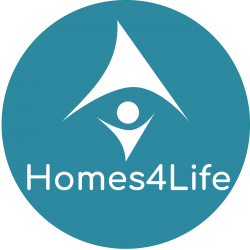My name is Frans Sengers from Utrecht University in the Netherlands. I’m a researcher in the Homes4Life project and responsible for the innovation analysis. So far I have visited France and Poland and interviewed stakeholders who are involved in very innovative pilot projects. These pilots are experimental places that provide a glimpse into what an age-friendly home might look like in the not too distant future. I want to share a few interesting examples of these pilots.
In the Polish capital Warsaw there is a very interesting model apartment designed by specialized architects. The initiators of project, the Mimo Wieku foundation, are convinced that independent living and self-care are the way to foster activity and self-esteem, and hence a longer and healthier life. The apartment is furnished with many innovative age-friendly products, such as a fall-breaking shower curtain and a wheelchair-friendly kitchen. These new products by various international companies are the individual parts that are showcased in the apartment and each of these solutions could become commonplace in a future age-friendly home. The Warsaw showroom apartment is a real innovation, not because of the individual products, but because of the synergy between all these products. In this way the whole apartment is more than the sum of its parts (see picture 1).
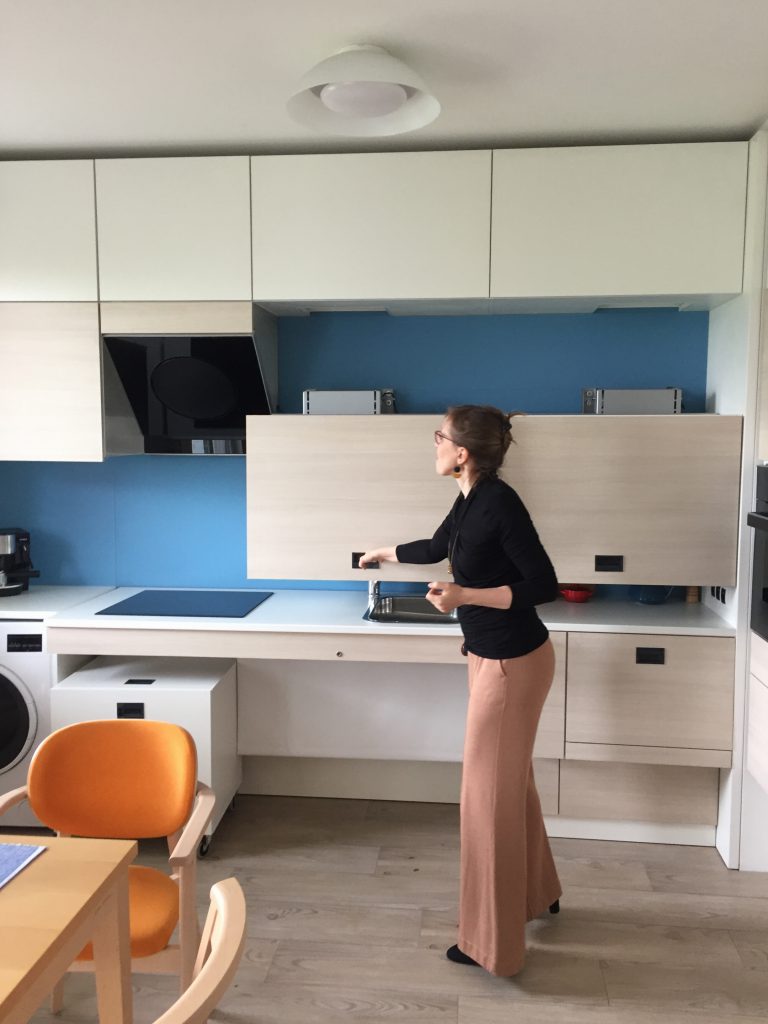
On the other side of the river Vistula, east of the center of Warsaw, lies Praga district. This district is being revitalized and this offers an interesting opportunity to experiment with the age-friendly retrofit of old style buildings. One old 19th century building on Stalowa 29 (both address and name of the project) is currently being readied as an intergenerational house. In such a place old and young will be living together so that they can support each other and learn from each other (see picture 2).
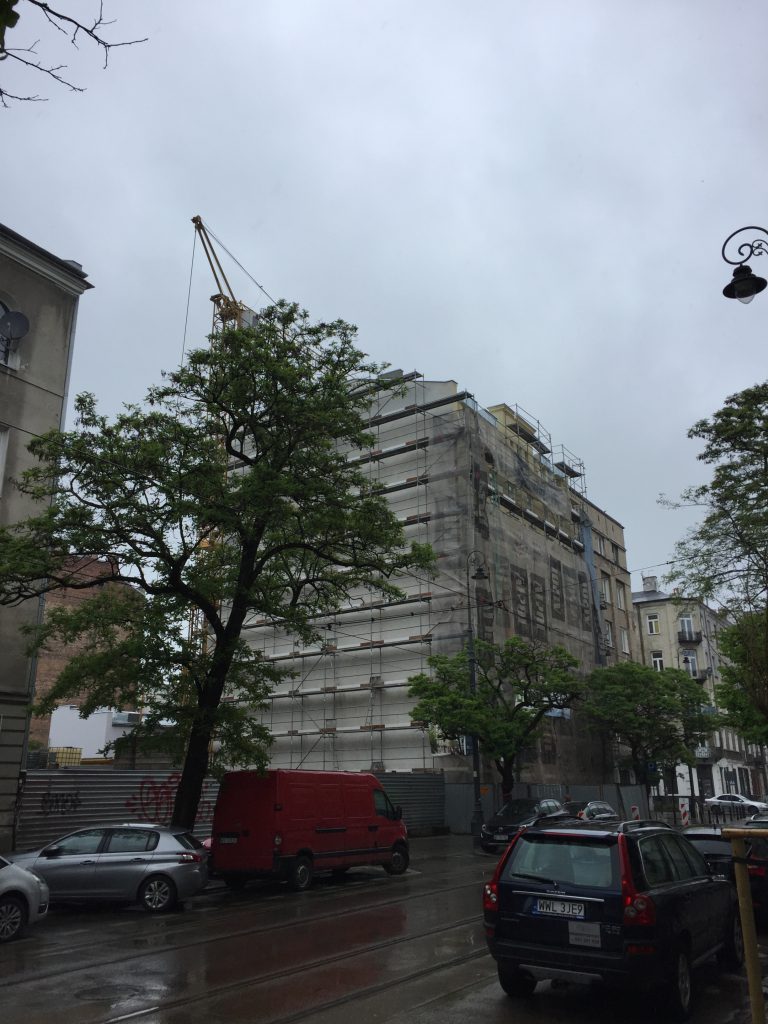
In Nice, in southern France, there is the ambition to turn the city and surrounding region into a world reference site for ageing and health related innovation. The region boosts an impressive innovation eco-system that supports many successful start-ups. An example is the company Nively, which is designing a smart monitoring system that can detect anomalies in movement patterns – such as a fall – and send out an alert. These innovative companies and their activities are supported by a number of public organizations and this all comes together in a hub called 27 Delvalle, which represents the ultimate place to meet, test and disseminate of age-friendly innovation (see picture 3)
